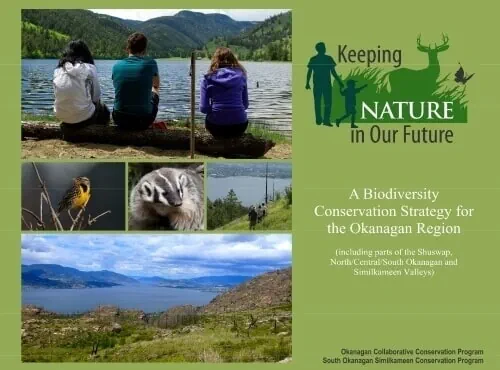The project will bring land use planners and qualified environmental professionals together to examine the local government environmental impact assessment process and identify improvements that will enhance protection of ecosystems.
Local government staff across the region are struggling with common challenges to provide environmental protection in their communities. Some local governments have terms of reference that lay out the requirements for qualified environmental professionals (QEPs) to undertake environmental impact assessments (EIAs) for certain development proposals, including how the QEP must assess and stratify environmentally sensitive areas. However, the terms of reference vary between local governments, which leads to inconsistencies in how QEPs collect, assess, and report on information for environmental sensitivity. Assessing the cumulative effects of development, and impacts to connectivity at a regional scale, is also a challenge due to a lack of information and no standardized approach.
This project will work with land use planners and QEPs to create a new EIA terms of reference template and establish new procedures for QEPs to provide spatial EIA data and mapping to local governments. The new templates will also support the work underway by OCCP and its partners in developing a Conservation Planning Tool that will be used to track and assess cumulative impacts across jurisdictions, among other applications.
This project will improve decision-making around development activities and support relationship-building and knowledge-sharing between jurisdictions, bringing some of the best minds in the valley together to come up with creative solutions to better protect water quality, habitat, and other environmental values.
The outcomes of this project include:
- An enhanced environmental planning process
- Improved staff coordination across the region
- Standardized and more rigorous environmental assessments by QEPs
- Improved access to property-based environmental information


